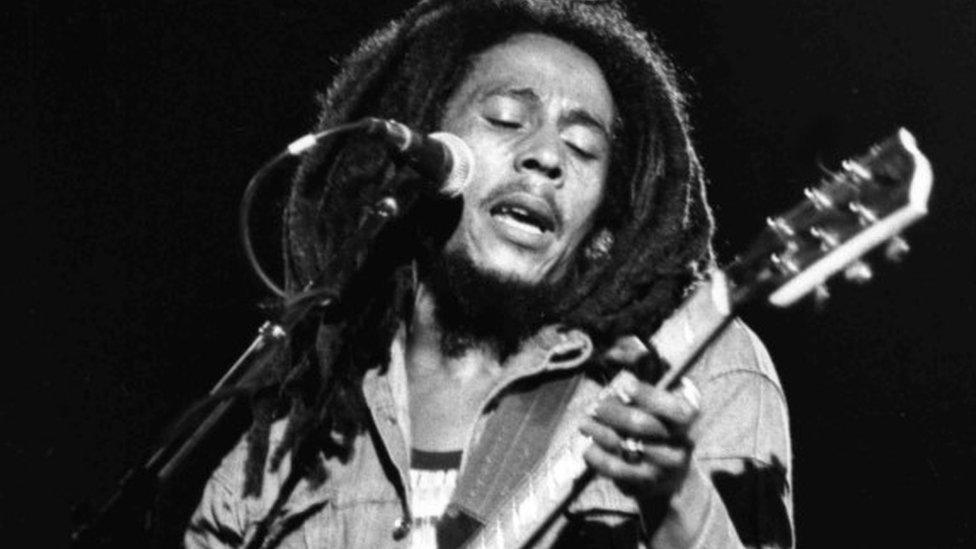Booker Prize 2015: A brief history of Marlon James' winning novel
- Published
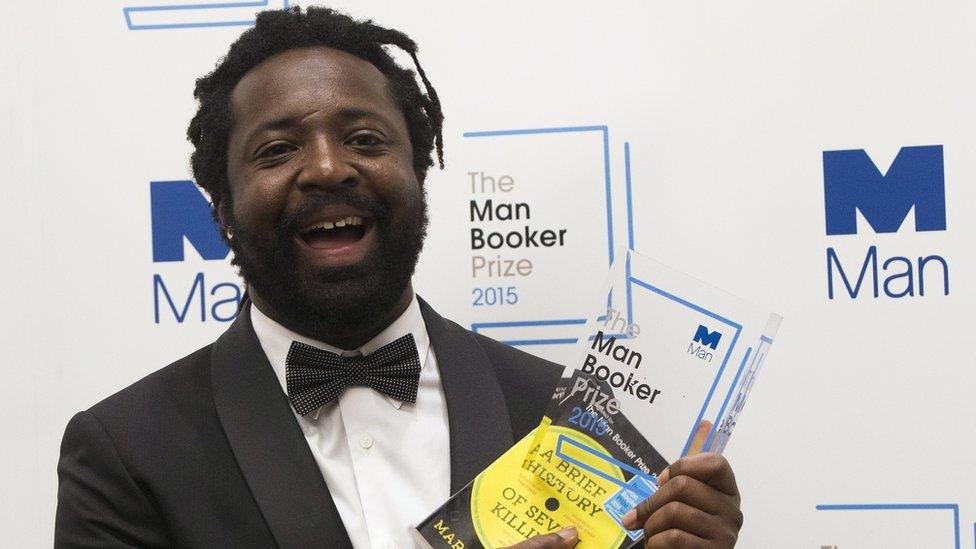
Marlon James teaches creative writing in Minnesota
An assassination attempt on Bob Marley and gang violence are at the heart of this year's Booker Prize winner A Brief History of Seven Killings by Marlon James.

About the book: The winning novel was inspired by the attempted assassination of Bob Marley in 1976, when the reggae legend was shot and injured a few days before a peace concert amid fierce political violence in Jamaica.
Marley was well enough to go ahead with the concert - but the attack, which also wounded his wife and some friends, led Marley to leave Jamaica and declare the country was a "rotten egg that had broken, and couldn't be put back together again".
He later said the assassination attempt may have been "the best thing that ever happened to me", explaining: "It forced me to leave Jamaica and for the first time in my life I feel free."
James uses the assassination attempt is the starting point for his book, and events then unfold over three decades, telling the stories of drug barons, MPs, gunmen, beauty queens, journalists and even the CIA.
James said he wanted to make a "reasonably educated guess" about what had become of the seven young men who tried to kill Marley, his family and his band.
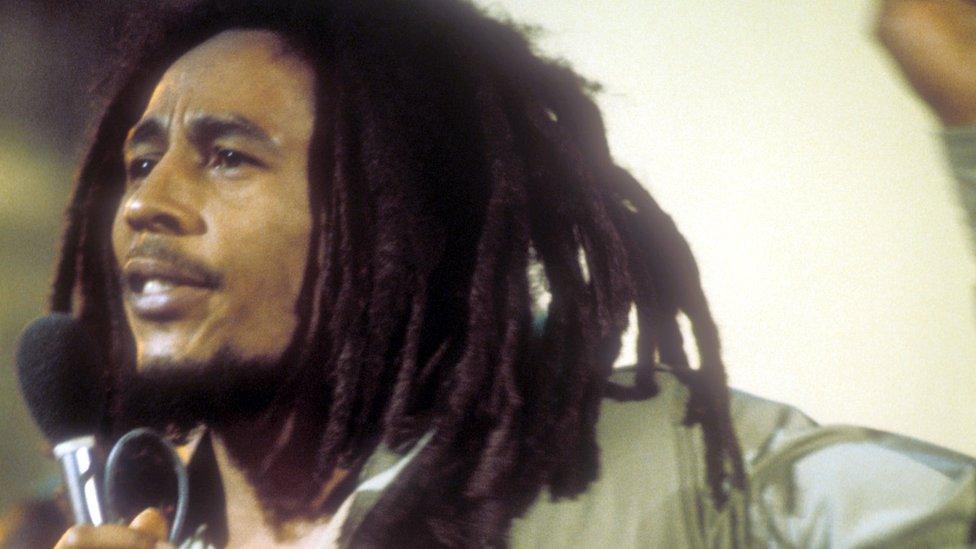
Marley went on to perform at the peace concert days after being shot
"One of the reasons why I wrote this novel is there will never be a history of most of those men," he said after his win.
"Some of those men will never have a history. They've vanished. And I don't think we'll ever know who they are. And that called for invention."
The book has attracted attention for the violence and swearing that reflect the tumultuous period. "There is a little bit more than seven killings," he told the BBC Radio 4 Today programme.
In the novel's acknowledgements, James thanks his family but, referring to the language, adds: "This time around maybe my mother should stay away from part four of the book."
The story is told from the perspectives of 76 different characters and runs to 680 pages. The "Brief History" part of the title, he jokes, was "based on those Concise Oxford Dictionaries - which are always four inches thick".
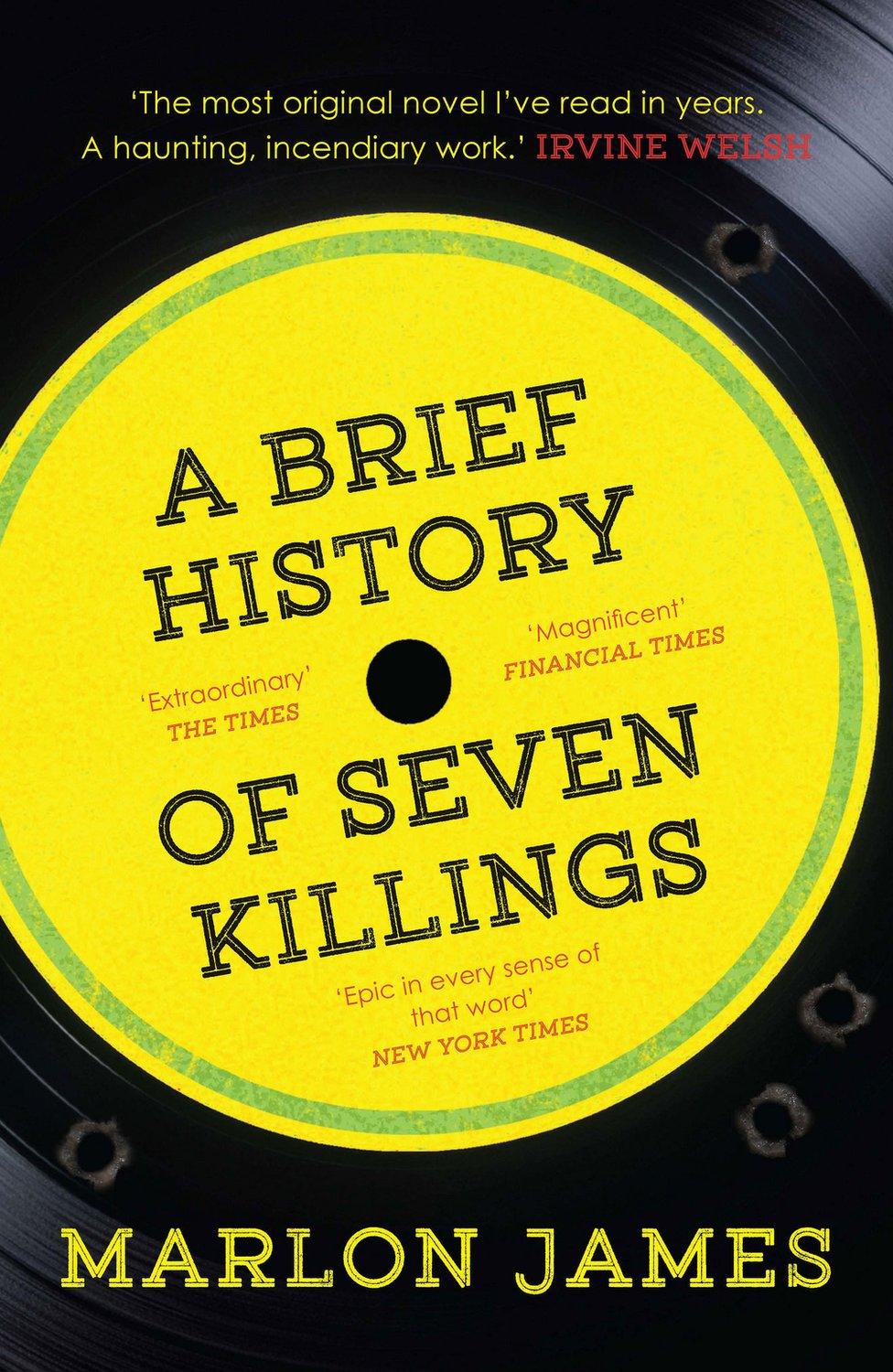
A Brief History of Seven Killings was published last October

About the author: Born in 1970 in Kingston, Jamaica, James is the son of a police detective. Now 44, he teaches creative writing in Minnesota in the United States.
His first novel was rejected by 78 publishers and agents. He initially gave up on writing and deleted and destroyed all copies of the manuscript - before eventually searching for it and finding it in an email outbox.
His debut published novel was John Crow's Devil. His second, The Book of Night Women, won the 2010 Dayton Literary Peace Prize and was a finalist for the 2010 National Book Critics Circle Award.
He is now researching and writing a novel set in the 11th Century. "I'm a big student of the Dark Ages," he says. "Not just in Europe, but in all the other countries where it definitely was not dark. So I'm going to spend some quality time in that period for a little bit."

The judges said: "I think there is a kind of excitement right from the beginning," says author and academic Michael Wood, chair of the five Booker judges.
"I think [James] has thought, 'I am not trying to rub people's noses in difficult terms, I am trying to get them to think about things that are actually out there. I am going to give them ways in and I am going to give them voices they can listen to'.
"A lot of it is very, very funny and a lot of it is very human."

The reviews said: "Seven Killings resembles James Ellroy's LA Quartet in its blistering violence, multiple voices and its determination to redo history 'from the gutter to the star', to borrow a phrase used by Ellroy." The Telegraph , external
"A Brief History is sometimes more impressive than it is easily enjoyable - a difficult book with a stop-start structure that doesn't quite sweep you up in the way the single narrative voices of the previous novels did." The Guardian, external
"This is a book the energy, intelligence and intellectual range of which demands and rewards attention... It showcases the extraordinary capabilities of a writer whose importance can scarcely be questioned, even if his mode of address will exclude some." The Independent, external
"Epic, immersive, acutely observed and deeply moving, it's worth every long hour it demands of the reader." Huffington Post, external
"Though brilliant as a literary accomplishment, James's work is frequently hard going in reading terms, given the outsized stew of players and motives and the hyped-up prose that conveys it all... But, in giving us the fullest sense of this world, it proves to be a risk worth running." New Statesman, external
- Published13 October 2015
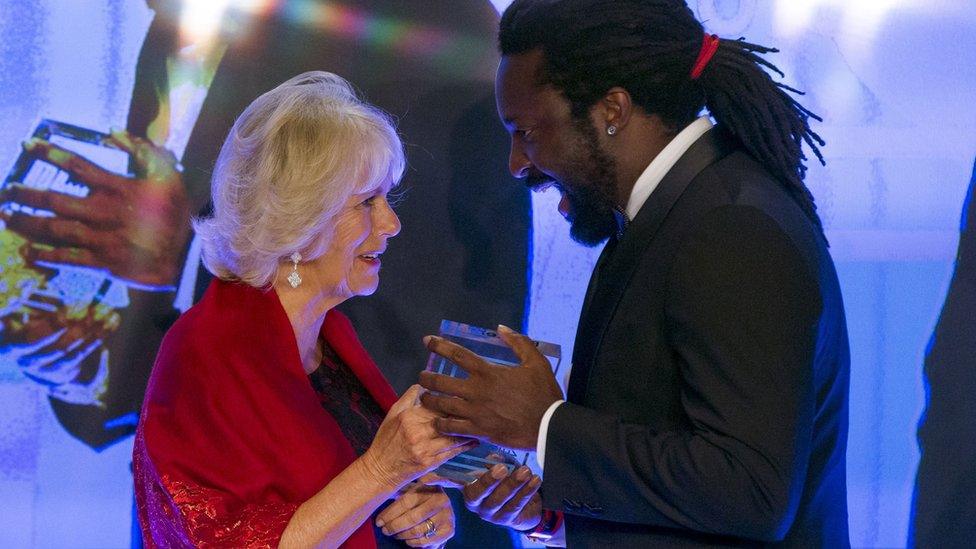
- Published15 September 2015
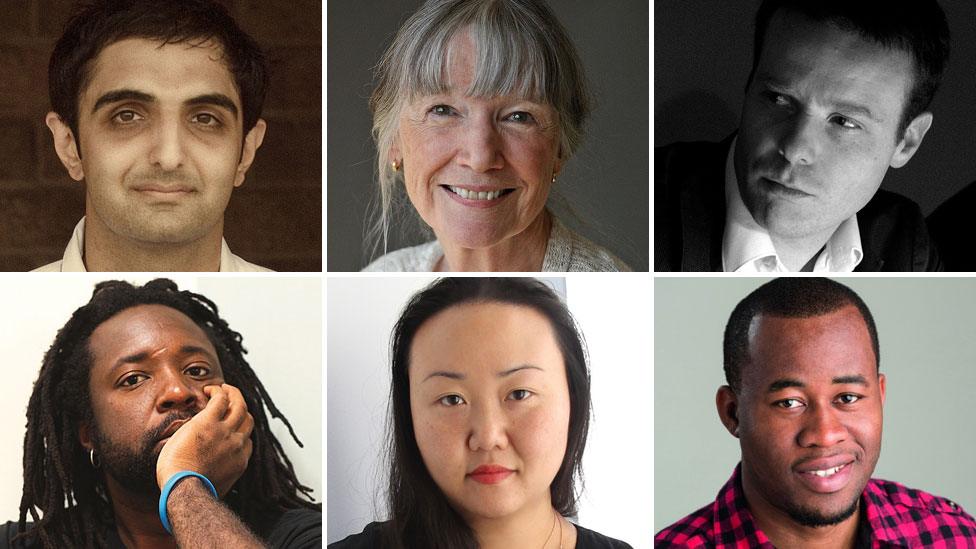
- Published15 September 2015

- Published15 September 2015
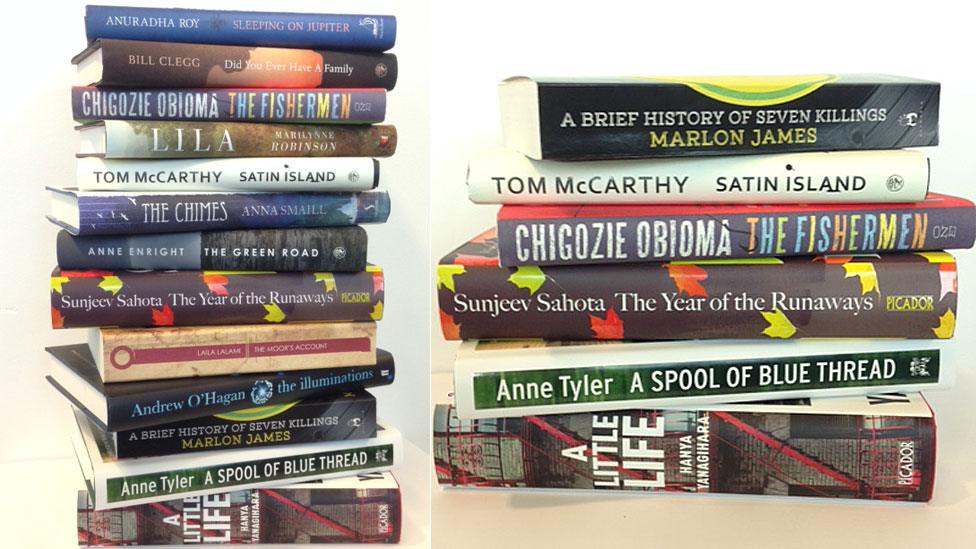
- Published16 August 2015
